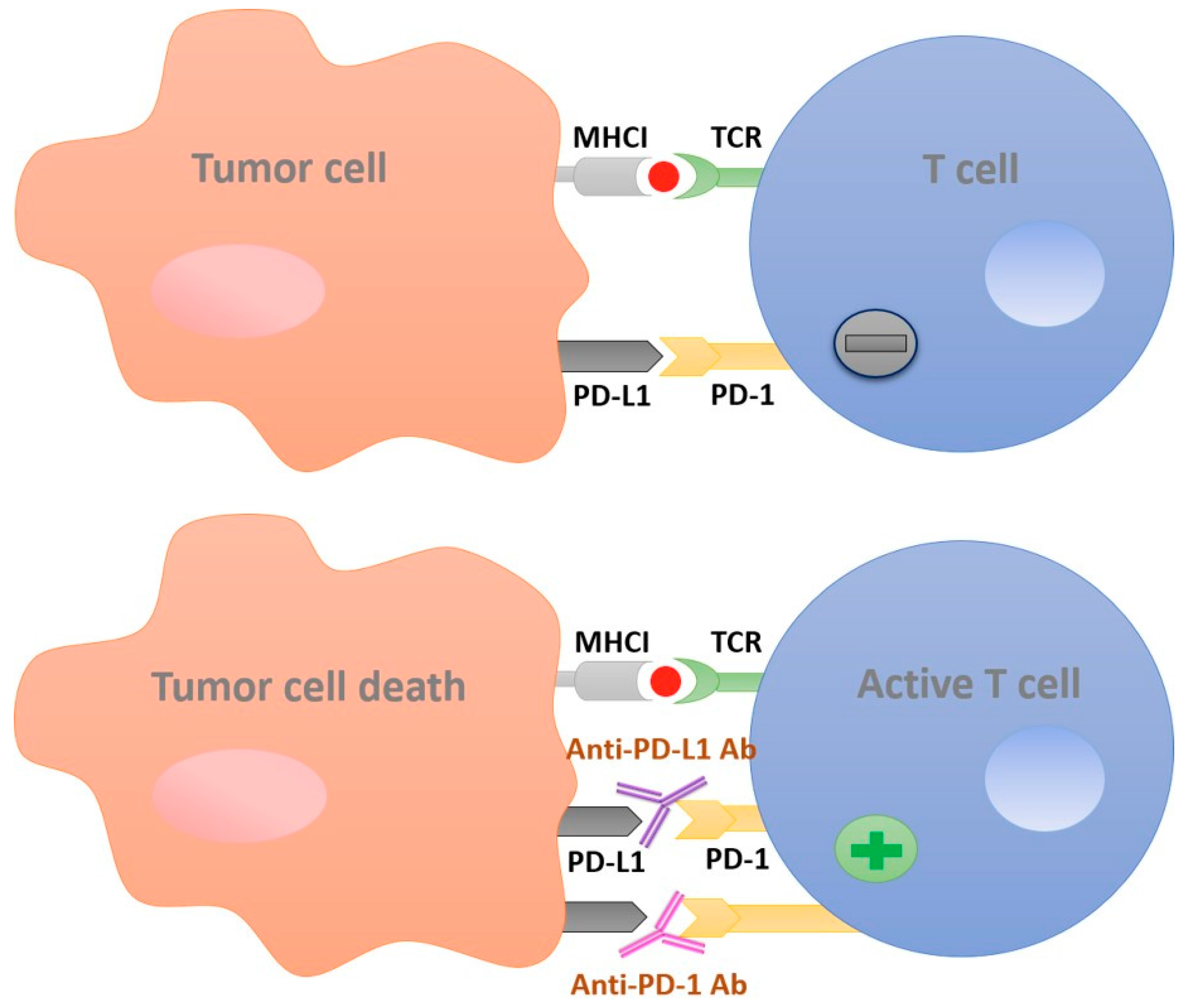
Journal Menu
► ▼ Journal Menu-
- JCM Home
- Aims & Scope
- Editorial Board
- Reviewer Board
- Topical Advisory Panel
- Instructions for Authors
- Special Issues
- Topics
- Sections & Collections
- Article Processing Charge
- Indexing & Archiving
- Editor’s Choice Articles
- Most Cited & Viewed
- Journal Statistics
- Journal History
- Journal Awards
- Society Collaborations
- Conferences
- Editorial Office
Journal Browser
► ▼ Journal BrowserNeed Help?
Announcements
3 October 2018
2018 Nobel Prize in medicine awarded for pioneering research on immune checkpoints
This week, James P. Allison and Tasuku Honjo were awarded the 2018 Nobel prize in physiology or medicine "for their discovery of cancer therapy by inhibition of negative immune regulation." As early as the 1990s, both immunologists discovered proteins that act as brakes on the T cells, ensuring the regulation that keeps autoreactive T cells in check.
Subsequent research found that blocking these so-called immune checkpoints through the use of checkpoint inhibitors shows promising results for cancer treatment, by ramping up the body's immune system and causing a stronger attack against tumor cells. In immunotherapy, doctors now have a viable alternative to chemotherapy and radiotherapy in treating some types of cancer, especially at advanced stages of infestation and including metastasis, even though instances of autoimmune reaction in immunotherapy are not yet fully understood.
Recent research has been looking into the potential of inhibitors blocking PD-1, the T cell protein discovered by Tasuku Honjo in 1992. A group at University of Calgary "investigated the ability for immune checkpoint blockade to enhance the efficacy of oncolytic reovirus (RV) for the treatment of breast cancer" (article published by Ahmed A. Mostafa et al. in Cancers). Simona De Rosa et al. investigated PD-L1/PD-1 expression in gastric cancer cells (article here). One group in Nice, France, studied the characteristics of lung adenocarcinomas in elderly patients in another article published in Cancers.

Diagram depicting the anticancer mechanism of PD-1/PD-L1 inhibitors
(Source: Figure 1 in S.M. Abdin et al., Cancers 2018,
doi:10.3390/cancers10020032).
In an article published in the International Journal of Molecular Sciences (IJMS), Xin Sun et al. give "some structural guidance" for the design of an antibody effective in blocking the PD-L1 immune suppressor. Shifaa M. Abdin et al. provide an overview of checkpoint inhibitors in their review paper entitled "Tackling Cancer Resistance by Immunotherapy: Updated Clinical Impact and Safety of PD-1/PD-L1 Inhibitors" (Figure 1 to the right).
In order to improve response rates in patients, targeting additional checkpoints such as LAG-3, BTLA or TIM-3 may prove effective, as discussed in an IJMS review paper by Robert J. Torphy et al. Other studies are looking into resistance mechanisms in tumor cells. Once these mechanisms are better understood, adjuvant treatments can help "improve the efficacy of immunotherapy and [...] expand its scope" (review paper by J. Rieth and S. Subramanian: "Mechanisms of Intrinsic Tumor Resistance to Immunotherapy").
One more recent review paper entitled "Tune Up In Situ Autovaccination against Solid Tumors with Oncolytic Viruses" (Teresa Nguyen et al.) lays out different strands of use of oncolytic viruses in cancer treatment, one of them being their combined use with checkpoint inhibitors.
A number of papers published in last year's Special Issue on "Targeting Immune Checkpoints and Immunotherapy" (guest-edited by Dr. William Chi-shing Cho) dealt with aspects of immunotherapy as well:
➤ "Targeting Immune Cell Checkpoints during Sepsis" (Naeem K. Patil et al.)
➤ "Synergies of Targeting Tumor Angiogenesis and Immune Checkpoints in Non-Small Cell Lung Cancer and Renal Cell Cancer: From Basic Concepts to Clinical Reality" (Andreas Pircher et al.)
➤ "PD-1/PD-L1 Blockade Therapy for Tumors with Downregulated MHC Class I Expression"
(Michal Šmahel)
➤ "Promising Targets for Cancer Immunotherapy: TLRs, RLRs, and STING-Mediated Innate Immune Pathways" (Kai Li et al.)
If you are interested to publish your research on related topics, we welcome your submission to the Special Issue on "Signaling Pathways and Immune Checkpoint Regulation in Cancer" (guest-edited by Prof. Dr. Georgios Rassidakis) in our oncology journal Cancers.






